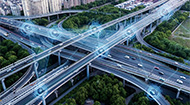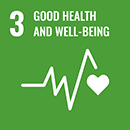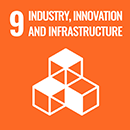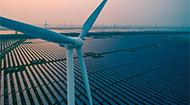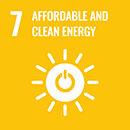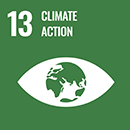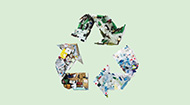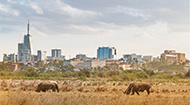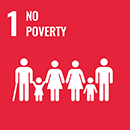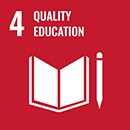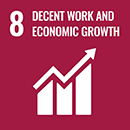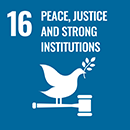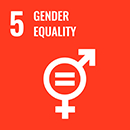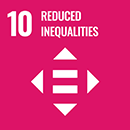Contribute to the development of a recycling-based society by transforming waste into resources for manufacturing
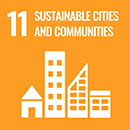
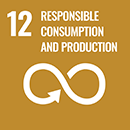
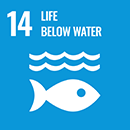
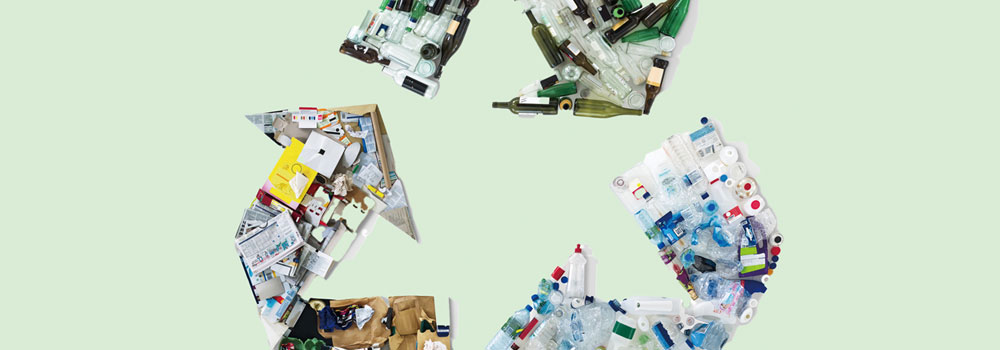
Natural resources are not limitless. We must reduce our impact on the environment by efficiently using and reusing these resources. As a trading company involved in manufacturing, Toyota Tsusho considers it a vital mission to consider the environment and secure and stably provide resources.
To effectively use these limited resources, we will turn waste into resources. We will develop recycling businesses including recovery and processing of recyclable resources from scrap generated from end-of-life vehicles (ELVs), in the market, and at factories/plants, secure resources through urban mining, reuse used vehicles and parts, and recycle plastics, thereby contributing to a recycling-based society.
KPI
Volumes handled by the resource recycling business in the metals sector
Contens: Scrap collecting, recovering, and processing business, molten aluminum business, ELV recovery business, industrial waste processing business, and valuable metal scrap recycling business
ended March 31, 2025
ending March 31, 2026
ending March 31, 2028
Path to achieving the target for the fiscal year ending March 31, 2028
- Increase in scrap collecting, recovering, and processing business and ELV recovering business due to the surging demand for recycled materials
Plastic recycling volume
Systems Co., Ltd.
ended March 31, 2025
ending March 31, 2026
ending March 31, 2028
Path to achieving the target for the fiscal year ending March 31, 2028
- Business growth in line with increased raw material procurement
- *Converted as raw material for vehicle underbody covers
- Toyotsu Sotec Co., Ltd., a company engaged in sorting and processing aluminum sash scrap, scheduled to commence operations (expansion of horizontal recycling of aluminum sashes)
- Start of operations of a pilot line for "non-combustion battery recycling" at Toyota Chemical Engineering Co., Ltd.
- Expansion of fishing net recycling business as part of the "PATCHWORKS®" project, which aims to realize fiber-to-fiber recycling of all apparel products
- Examination of recyclable in-vehicle floor mats by reviewing material composition at the design stage, with the aim of achieving Car-to-Car recycling

